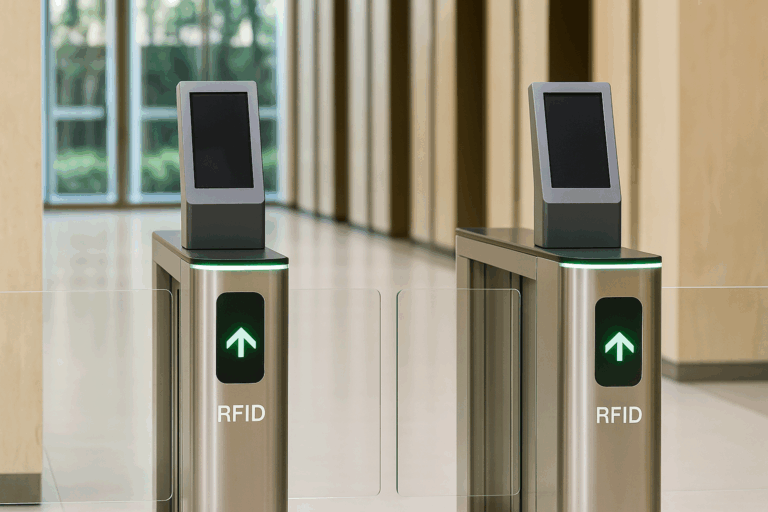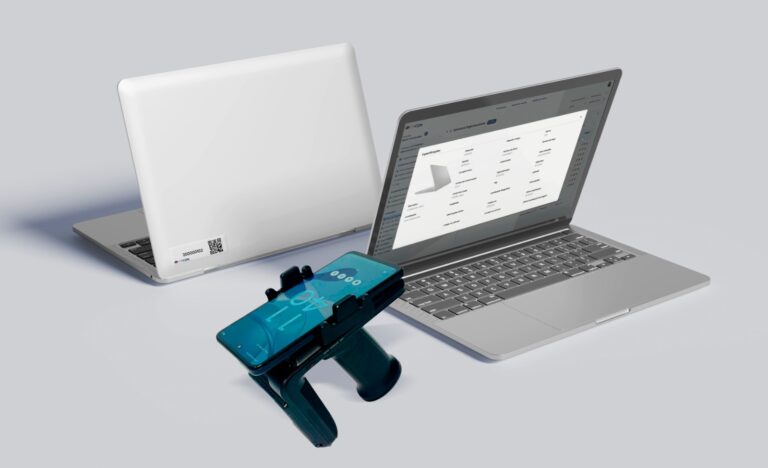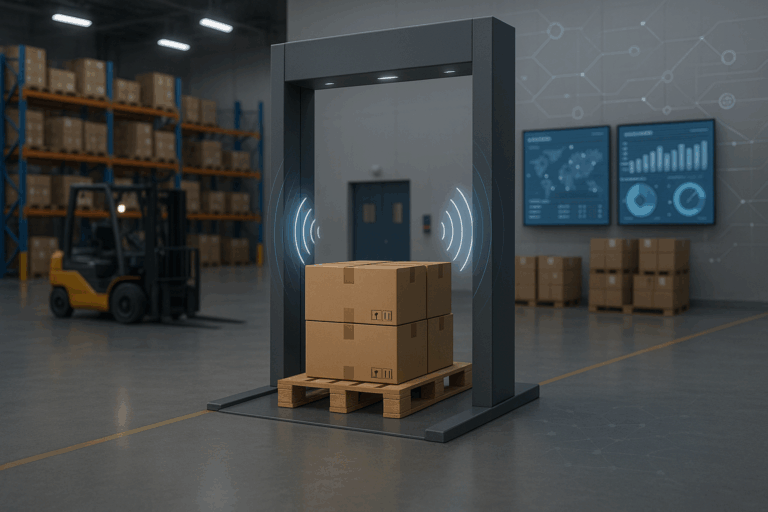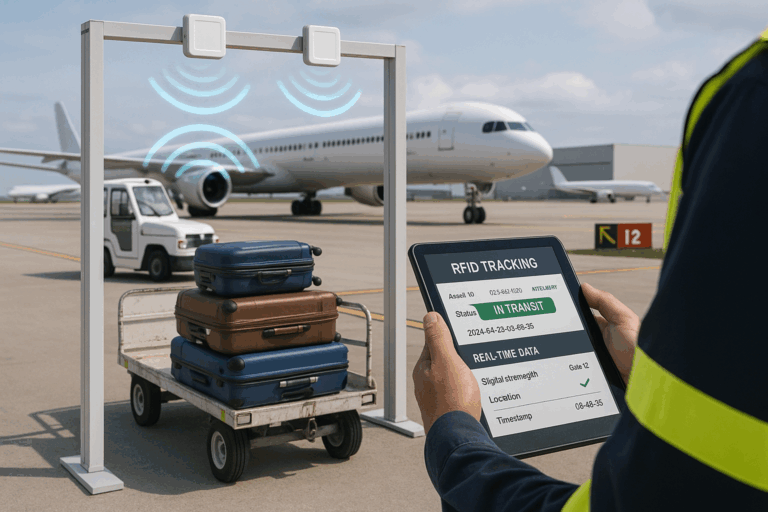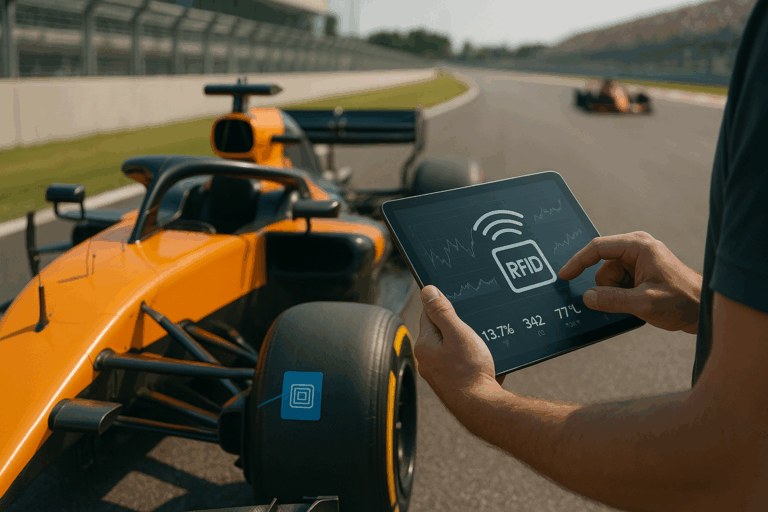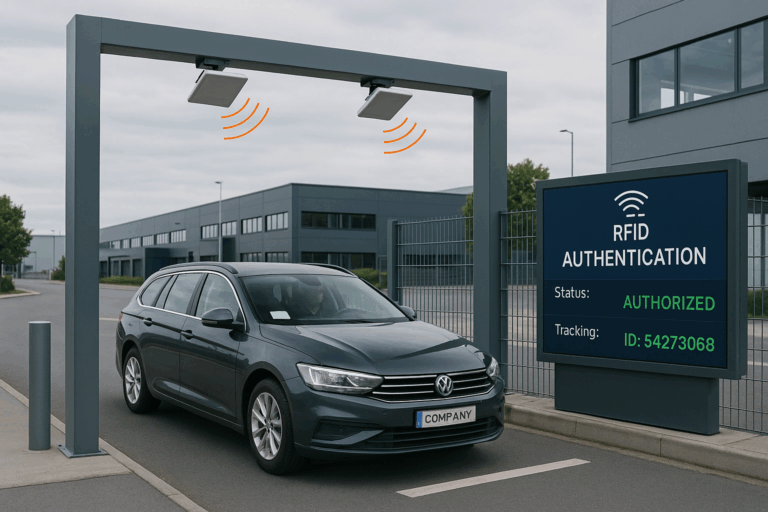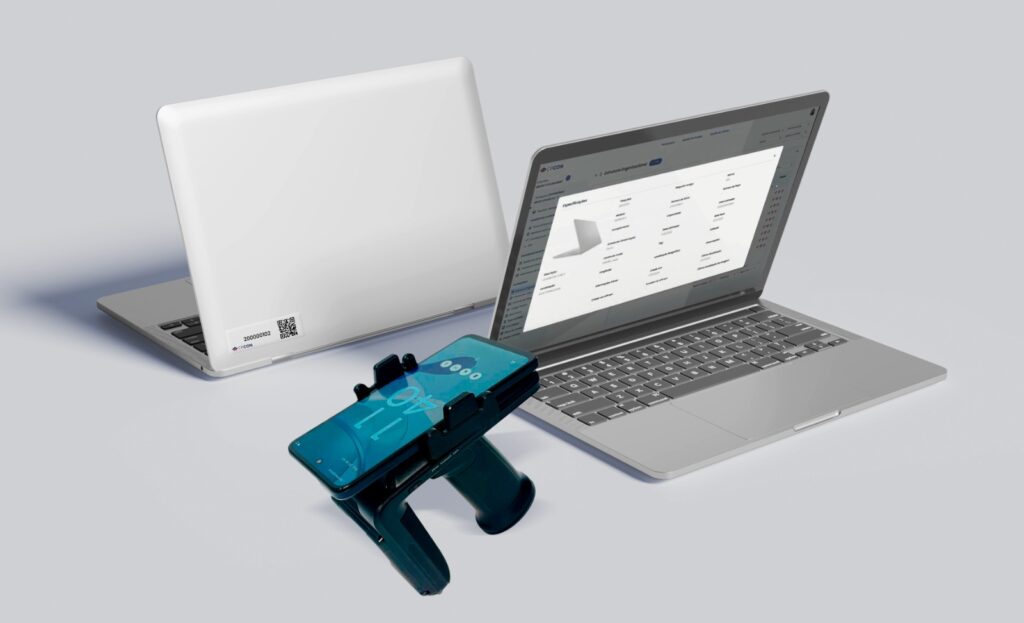In the automotive industry, where each vehicle represents a significant investment and every square meter of space counts, having full visibility of your assets is the first step toward ensuring security and profitability. That’s where the automotive floor plan audit comes in — a critical practice for dealerships aiming to maintain tight control over their inventory, prevent fraud, and ensure compliance with financial institutions.
CPCON Group specializes in this service, combining cutting-edge technology, proven methodology, and market knowledge to help dealerships of all sizes thrive. In this article, we explore how the company delivers excellence in automotive floor plan audits and inventory management, and how this directly impacts dealership performance.

Table of Contents
ToggleWhat Is an Automotive Floor Plan Audit?
An automotive floor plan audit is an independent verification process that ensures a dealership’s physical vehicle inventory matches internal records and loan agreements with financial institutions.
This type of audit is especially important for businesses operating under floor plan loans, where the vehicles themselves serve as collateral.
CPCON Group performs a physical inspection of the vehicles, conducts a VIN inspection service, cross-checks the information with financial documents, and ensures everything is in full compliance.
The goal is to provide peace of mind to both the dealership and the lender.
Why Is This Practice Essential?
- Prevents fraud, such as “sold out of trust” situations, where vehicles are sold before repaying the loan.
- Ensures automotive dealership compliance with contractual obligations.
- Protects the lender by confirming that the financed assets are indeed on-site.
Thanks to CPCON’s rigorous process, all parties involved know exactly where their vehicles are—and in what condition.
The Importance of Inventory Management in the Automotive Sector
Inventory management goes far beyond knowing how many cars are in the garage. It’s the backbone of dealership operations.
A disorganized inventory can lead to financial losses, delivery delays, and missed sales opportunities. On the other hand, an optimized inventory speeds up negotiations, improves cash flow, and strengthens the dealership’s reputation.
CPCON Group doesn’t just audit — it delivers tailored inventory management solutions for dealerships, ensuring that every unit is in the right place, at the right time, and at the right value.
Key Benefits
- Operational cost reduction through optimized vehicle inventory control.
- Faster inventory turnover, improving working capital.
- Smarter decision-making, using real-time data and updated inventory maps.
What Are the Four Phases of an Audit?
The automotive floor plan audit process at CPCON Group follows a structured four-phase methodology:
- Physical inspection – An auditor visits the dealership to check every vehicle on-site.
- VIN verification – Each vehicle’s identification number is confirmed.
- Documentation review – Financing agreements, inventory records, and sales documents are cross-referenced.
- Final report – A complete report is provided with observations and improvement recommendations.
This dealership audit process ensures transparency, traceability, and full compliance—core pillars of financial health in the auto retail industry.

What Questions Should an Auditor Ask?
During a dealership inventory audit, CPCON’s auditors ask critical questions, including:
- Is this vehicle physically present and properly recorded?
- Does the VIN match the system records?
- Are there discrepancies between the floor plan and the vehicle’s actual location?
- Are there any undocumented borrowed or missing units?
- Is the current inventory aligned with market demand and planning?
These questions help build a strategic, holistic view of the dealership’s operation.
How Does CPCON Group Stand Out?
CPCON Group is not just another audit provider — it’s a trusted operational partner for dealerships.
The difference lies in their combination of expert knowledge, customized service, and advanced technology.
What Makes CPCON Different
- Proprietary real-time vehicle tracking using RFID technology for assets.
- Specialized auditors with deep automotive industry expertise.
- Smart reporting, including diagnostics and actionable insights for greater efficiency.
- Vehicle condition assessments to detect damage before it becomes a financial loss.
Tailored solutions from inventory audit technology to digital asset visualization through maps and interactive floor plans.
CPCON Solutions
Beyond the automotive floor plan audit, CPCON Group offers a complete ecosystem of dealership efficiency solutions, including:
- Integration with existing inventory management systems, enabling seamless supervision and data cross-checking.
- Technology-driven audit tools, allowing real-time updates and consultations.
- Digital maps and dashboards for clear and practical visual asset representation.
- Asset management with BIM and GIS, adding layers of spatial intelligence to dealership operations.
Conclusion
The automotive floor plan audit is not just about compliance — it’s a strategic management tool designed to prevent losses, optimize processes, and strengthen the trust between dealerships and financial partners.
With CPCON Group’s support, your dealership becomes more efficient across multiple fronts: reducing risks, accelerating the sales cycle, improving inventory performance, and strengthening relationships with lenders.
At the end of the day, seeing clearly means deciding better—and with CPCON, your business sees every asset with clarity, security, and intelligence.
Want to turn your inventory management into a real competitive edge? Contact CPCON Group and discover how precision, technology, and specialized auditing can elevate your dealership’s performance.
FAQ – Automotive Floor Plan Audit and Inventory Management
What is an automotive floor plan audit?
It’s a physical and document-based verification process that ensures dealership inventory matches internal records and financing agreements.
Why is this audit important for dealerships?
It prevents fraud, ensures compliance with lenders, protects assets, and improves inventory organization and financial planning.
Is the audit legally required?
Not by law in all cases, but it’s often required by lenders that provide floor plan loans.
How does CPCON Group’s audit process work?
It includes physical inspection, VIN verification, documentation review, and a final report with insights and recommendations.
How often should dealerships perform audits?
Monthly or quarterly audits are recommended for dealerships with high inventory turnover or multiple financing sources.
What technology is used in the audit and inventory management?
CPCON uses RFID, digital maps, dashboards, and BIM/GIS tools for real-time vehicle tracking and asset visualization.
Does the service also include vehicle condition assessment?
Yes. CPCON audits include vehicle condition analysis to help dealerships identify damage before it becomes a financial loss.



